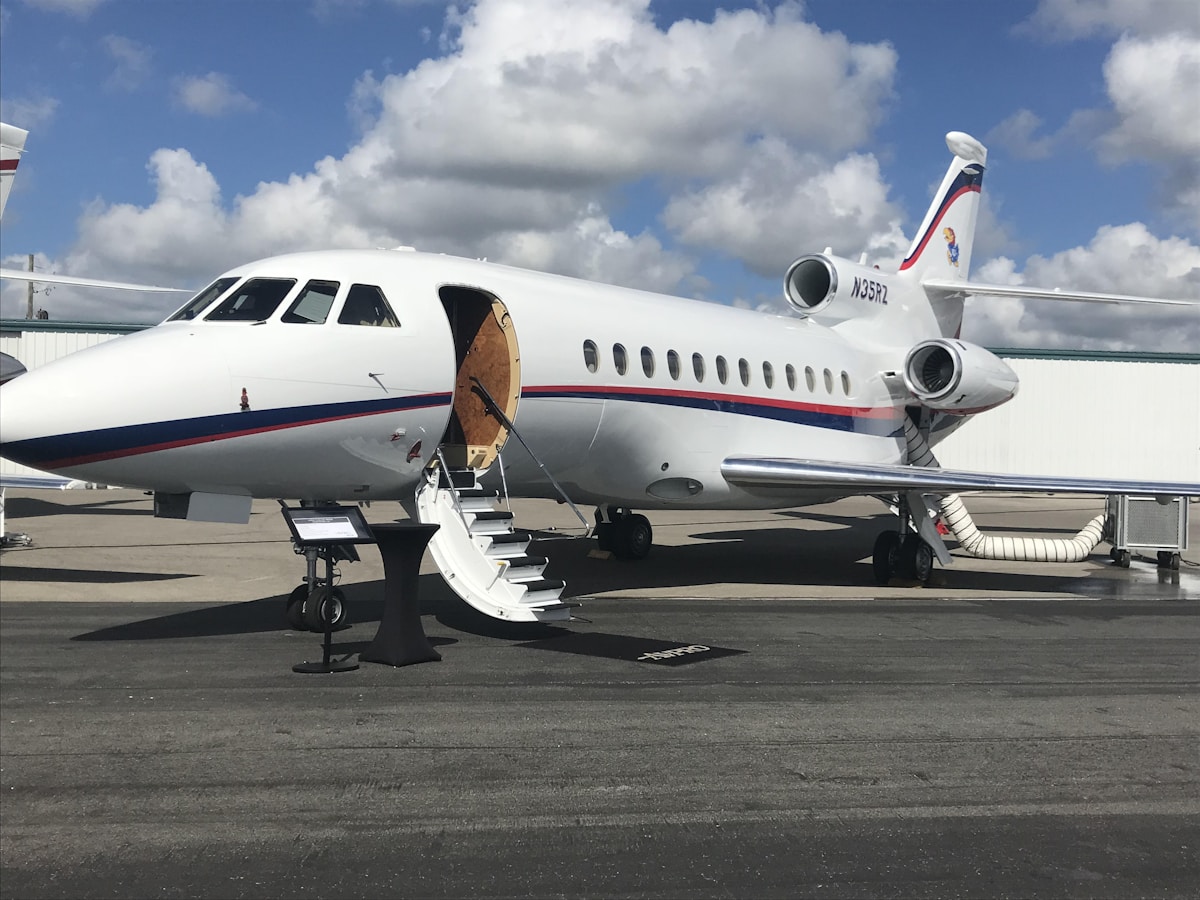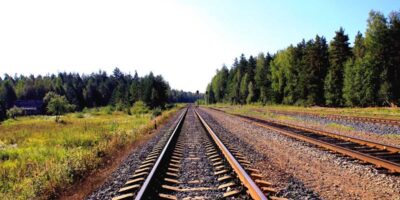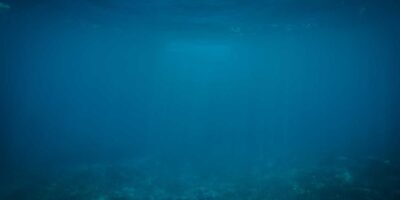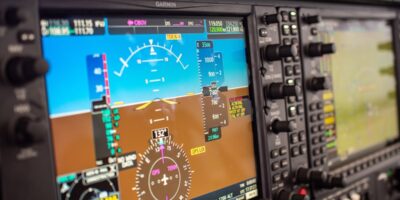The Izon People: Culture, History, and a Resilient Community
I first learned about the Izon people — also called the Ijaw — from a documentary about the Niger Delta that I stumbled across one evening. What grabbed me wasn’t the oil politics, though that’s obviously a big part of the story. It was the culture. Here’s this community that has lived in one of the most challenging terrains on the planet for centuries, building a rich civilization among mangrove swamps and winding creeks. I’ve been reading about them off and on since then, and I want to share what I’ve learned.

Where They Live
The Izon people are indigenous to southern Nigeria, concentrated in the Niger Delta region across states like Bayelsa, Delta, and Rivers. And the Niger Delta isn’t your typical geography. It’s a labyrinth — genuinely, that’s the right word — of creeks, rivers, and swamps, thick with mangrove forests and freshwater wetlands. The Izon haven’t just survived in this environment; they’ve thrived in it, building their entire way of life around the water and land that surrounds them.
Language and Dialects
The Izon language belongs to the Niger-Congo language family and includes several dialects: Gbanran, Mein, and Apoi among them. Each dialect has its own phonetic and grammatical quirks, but speakers across dialects can generally understand each other without too much difficulty. There are ongoing efforts to preserve and promote the language, which is important. Probably should have led with this, actually — language preservation is one of those issues that defines whether a culture will survive into the next century or slowly fade.
Cultural Life
Izon cultural practices are deeply tied to their environment and traditions. Ceremonies typically involve dance, music, and masquerade performances. The Amasiri dance, for instance, is performed to honor community leaders or mark significant festivals. Music is central to everything — drums, flutes, and vocal performances feature in celebrations, storytelling, and everyday community life.
Traditional instruments like the Okosu drum and the Kalangu gong have been part of Izon musical expression for generations. Songs carry historical narratives, moral teachings, and social commentary. It’s oral tradition at its finest, and it’s still very much alive.
Making a Living
Fishing has always been the primary economic activity. The Izon have developed sophisticated techniques over the centuries, including specialized fish traps called “ere” that are remarkably effective. Beyond fishing, they farm cassava, plantains, and yams. Boat-building is another significant trade — a skill passed down through families, generation to generation.
That’s what makes the Izon endearing to anyone who studies indigenous economies — their self-sufficiency and ingenuity in adapting to their surroundings. They didn’t wait for modern technology to figure out how to thrive in a swamp. They built systems that worked and kept refining them.
How Communities Are Organized
Traditional Izon society operates on a fairly egalitarian basis. Communities are led by Councils of Elders, chosen for their wisdom and experience rather than wealth or lineage. These councils handle dispute resolution, resource management, and community decision-making. Despite the pressures of modernization, many communities still maintain these traditional governance structures. I find that remarkable, honestly.
Spiritual Beliefs
Izon religious practice centers on reverence for ancestors and a pantheon of deities. The most prominent deity is Egbesu, associated with justice and warfare. Rituals and offerings are performed to maintain good relationships with these spiritual forces. Christianity has also become widespread, and what’s emerged in many communities is a blending of traditional beliefs with Christian practice. It’s not an either-or situation for many Izon — it’s both.
The Oil Problem
I can’t write about the Izon without addressing this. The Niger Delta sits on enormous oil reserves, and the extraction of that oil has caused severe environmental damage. Traditional fishing grounds have been polluted. Agricultural land has been degraded. And the Izon communities that depend on these resources have borne the brunt of the consequences while seeing relatively little of the oil wealth.
Disputes over resource control have fueled tensions between local communities and both the Nigerian government and oil companies. It’s a complicated situation with no easy answers, but the basic injustice of it — communities suffering environmental destruction from resource extraction that enriches others — is hard to ignore.
Pushing for Change
The Izon haven’t been passive about these issues. Political movements like the Ijaw Youth Council advocate for greater autonomy and fairer distribution of oil revenues. These groups have become significant voices in the broader conversation about Nigerian federalism and regional rights. Various NGOs and international organizations have also stepped in to support environmental remediation and community development efforts.
Notable Izon Figures
The community has produced remarkable individuals who’ve brought Izon issues to national and international attention. Environmental activist Ken Saro-Wiwa and novelist Gabriel Okara are perhaps the most widely recognized. Their work — in very different ways — has highlighted both the struggles and the richness of life in the Niger Delta.
Arts, Crafts, and Material Culture
Izon artisanship includes intricate beadwork, weaving, pottery, and wood carving. Carved figures depicting deities and ancestors are common in homes and community spaces. These aren’t just decorative — they carry spiritual and cultural significance. Craftsmanship is valued highly and taught within families, ensuring skills are passed to the next generation.
Traditional clothing features flowing garments and elaborate headpieces. Beadwork is particularly significant, with different beads and patterns signaling identity and social status within the community.
Food and Gathering
Izon cuisine reflects what the land and water provide. Banga soup, made from palm fruit extract, is one of the most well-known dishes. Kekefiyai — a pottage of plantains and fish — is another staple. Meals are often communal, and food plays a significant role in celebrations and cultural gatherings. If I ever get the chance to visit the Niger Delta, trying the local food is near the top of my list.
Education and Healthcare
There’s been a growing push toward formal education in Izon communities. Schools and vocational training centers are being established, and scholarship programs aim to give young people access to opportunities their parents didn’t have. Healthcare infrastructure is also improving, though traditional medicine — herbal remedies, spiritual healing — remains an important part of how many Izon approach health. The knowledge of medicinal plants is extensive and has been passed down through generations.
Festivals and Sports
Cultural festivals like Adaka Boro Day celebrate historical figures and community achievements with dancing, feasting, and traditional rites. These gatherings reinforce community bonds and keep cultural heritage alive. Traditional sports, including wrestling and boat racing, serve both recreational and ceremonial purposes. Boat racing in particular showcases the community’s deep connection to their riverine environment — it’s competitive, exciting, and deeply meaningful.
Looking Ahead
The Izon face real challenges: environmental degradation, economic inequality, the pressures of globalization on traditional culture. But what strikes me about this community is its resilience. They’ve adapted to one of the most demanding environments on Earth, maintained a rich cultural heritage through centuries of change, and continue to advocate forcefully for their rights and their land. That resilience isn’t going anywhere.



